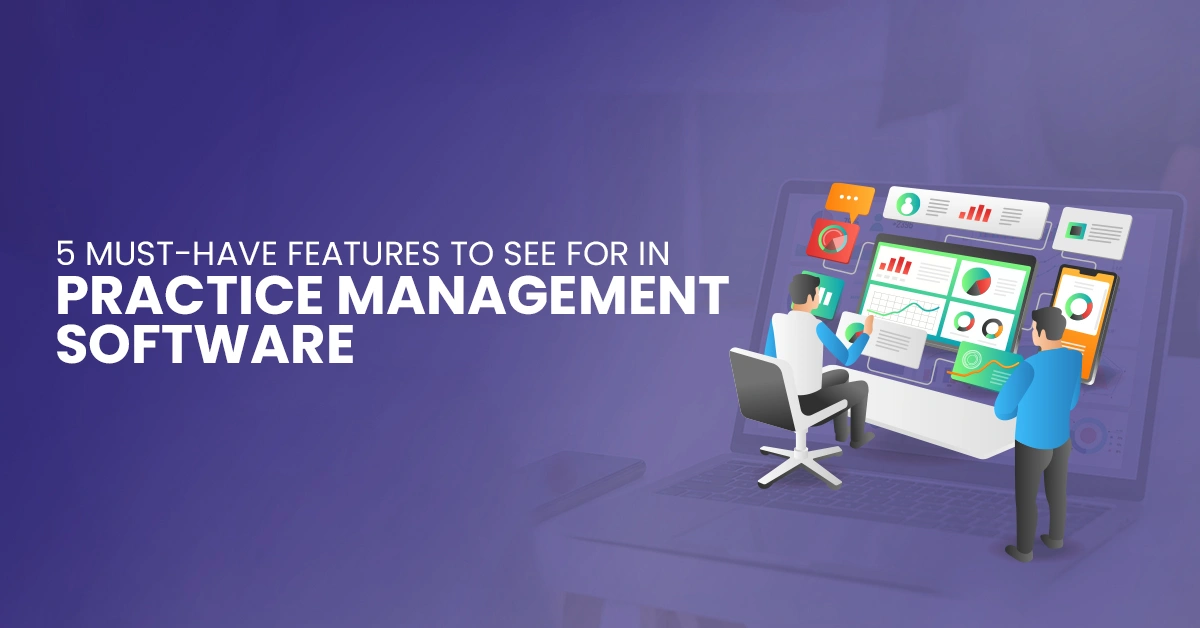In the swiftly developing landscape of healthcare, the significance of efficiency and management cannot be overstated. As medical practices strive to provide the best quality service, many are utilizing practice management software as a vital tool to boost their functioning. This advanced technology optimizes processes, reduces administrative tasks, and ultimately improves the quality of patient care. With the rising expectations on medical providers, using the right software can make a considerable difference in how healthcare practices run every day.
Practice management systems offers a comprehensive approach to the issues faced by healthcare practitioners. From scheduling appointments to managing invoicing and patient files, these platforms integrate essential processes into a consolidated electronic platform. This integration not only conserves time but also lowers errors, allowing medical staff to focus more on what really matters: offering superior service to patients. As we anticipate the upcoming years, it is evident that adopting such software is key to transforming the way healthcare is provided and perceived.

Perks of Healthcare Practice Software
One of the main benefits of clinical management software is improved effectiveness. By simplifying routine tasks such as setting appointments, billing, and interactions with patients, medical professionals can greatly reduce the effort spent on these processes. This increased efficiency allows healthcare teams to focus more on caring for patients rather than getting overwhelmed in administrative duties, ultimately leading to enhanced patient satisfaction and greater satisfaction rates.
Another significant benefit is the ability to streamline patient management. Healthcare practice software provides a unified platform for storing information about patients, making it simpler for healthcare providers to track medical history, prescriptions, and therapeutic strategies. This not only improves communication among teams but also minimizes the possibility of miscommunications that can arise from miscommunication or incorrect documents. As a consequence, clinicians are more prepared to deliver tailored and effective care.
Lastly, practice management software improves data analytics features. With the large volume of data collected through these systems, health institutions can assess insights and outcomes more accurately. This information can influence strategic decisions, leading to better distribution of resources, identifying aspects for enhancement, and ultimately improving overall practice performance. By leveraging information, providers can also maintain conformity with standards and adjust to shifting healthcare demands more swiftly.
Key Features to Look For
When assessing practice management software, user-friendly UIs are essential. A system that healthcare staff can navigate easily reduces training time and improves productivity. Look for intuitive dashboards and straightforward processes that reduce the difficulty for new users. Clear navigation allows employees to focus more time on caring for patients rather than struggling with difficult platforms.
Another key feature is strong scheduling capabilities. A quality practice management system should allow for easy scheduling, rescheduling, and notifications for both patients and staff. Integration with scheduling applications can help lower no-show rates and improve patient engagement. Automatic reminders via SMS or email can keep patients informed and reduce administrative burdens on employees.
In conclusion, ensure that the software includes comprehensive analytics and analytics tools. These capabilities provide important information into practice performance, patient demographics, and financial data. With the ability to access up-to-date data, healthcare professionals can make informed decisions to improve operations and patient results. Flexible reporting features also allow practices to concentrate on specific measurements that align with their goals.
Future Developments in Medical Tech
As medical care continues to advance, practice management software is at the leading edge of revolutionary trends that simplify operations and enhance patient care. One notable trend is the integration of AI and machine learning within these software platforms. These technologies enable more intelligent workflows by analyzing vast amounts of data to identify inefficiencies and anticipate patient needs, ultimately allowing healthcare professionals to allocate assets more effectively and improve patient outcomes.
Another growing trend is the rising emphasis on collaboration among different healthcare systems. Practice management software is evolving to improve communication and data sharing between different platforms, promoting a seamless exchange of information. medicloudmed minimizes administrative burdens but also facilitates coordinated care, which is crucial for managing chronic conditions and improving overall patient health management.
Remote healthcare capabilities are also a critical focus of future practice management software. As virtual healthcare services gain popularity, these software solutions are adapting to support virtual consultations, appointment scheduling, and remote patient tracking. This shift not only caters to patient preferences for convenience but also broadens access to healthcare options, especially for those in remote or disadvantaged areas, ensuring that quality care is accessible to a wider population.
